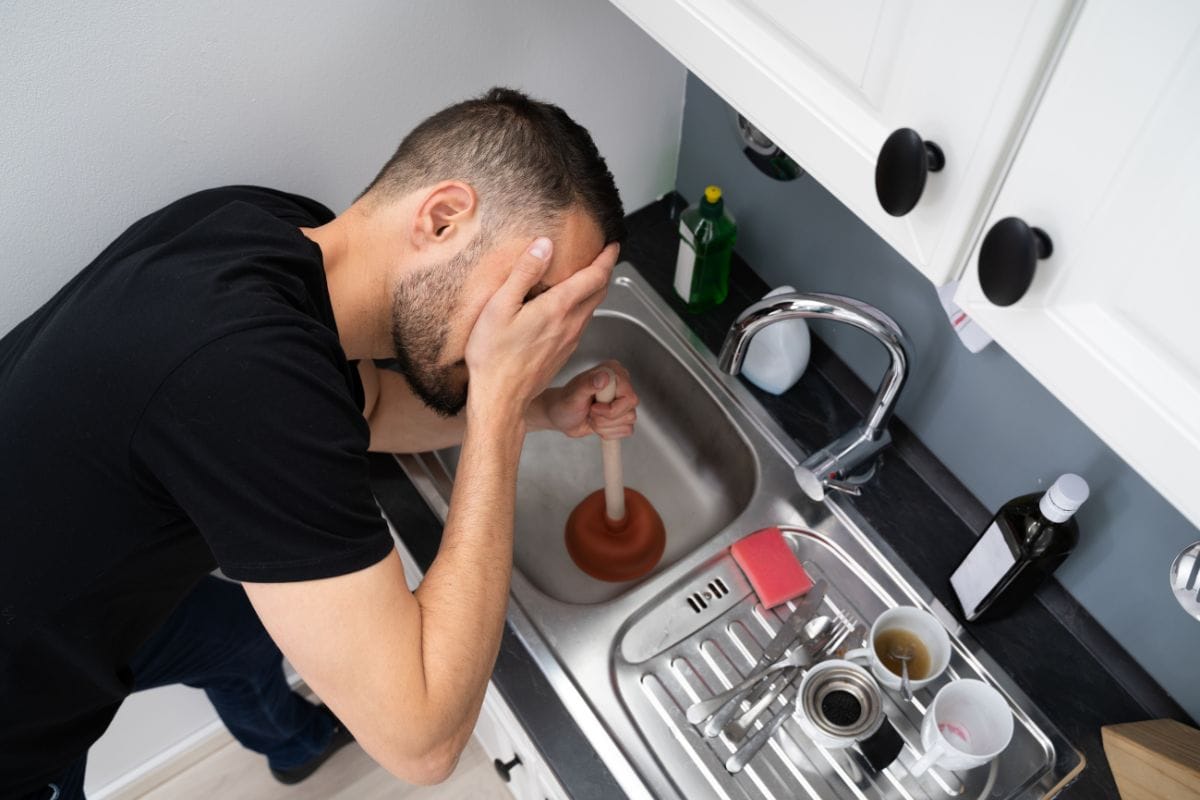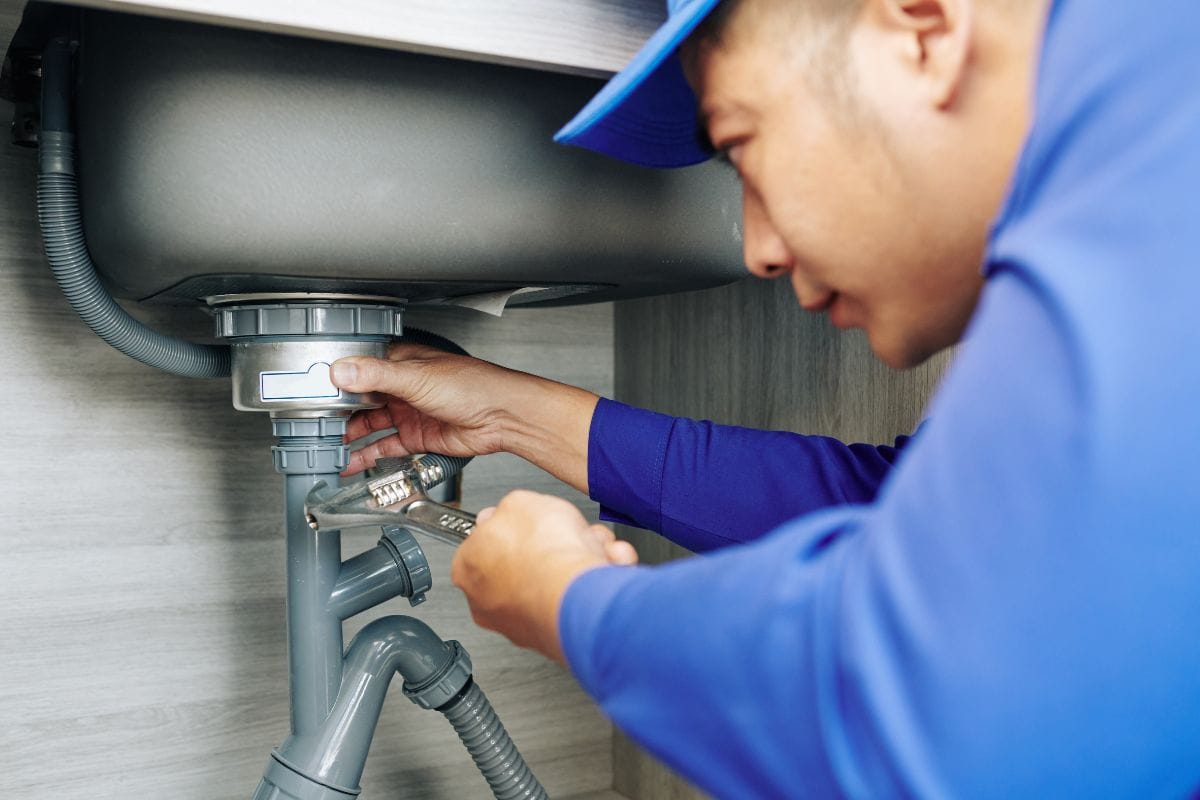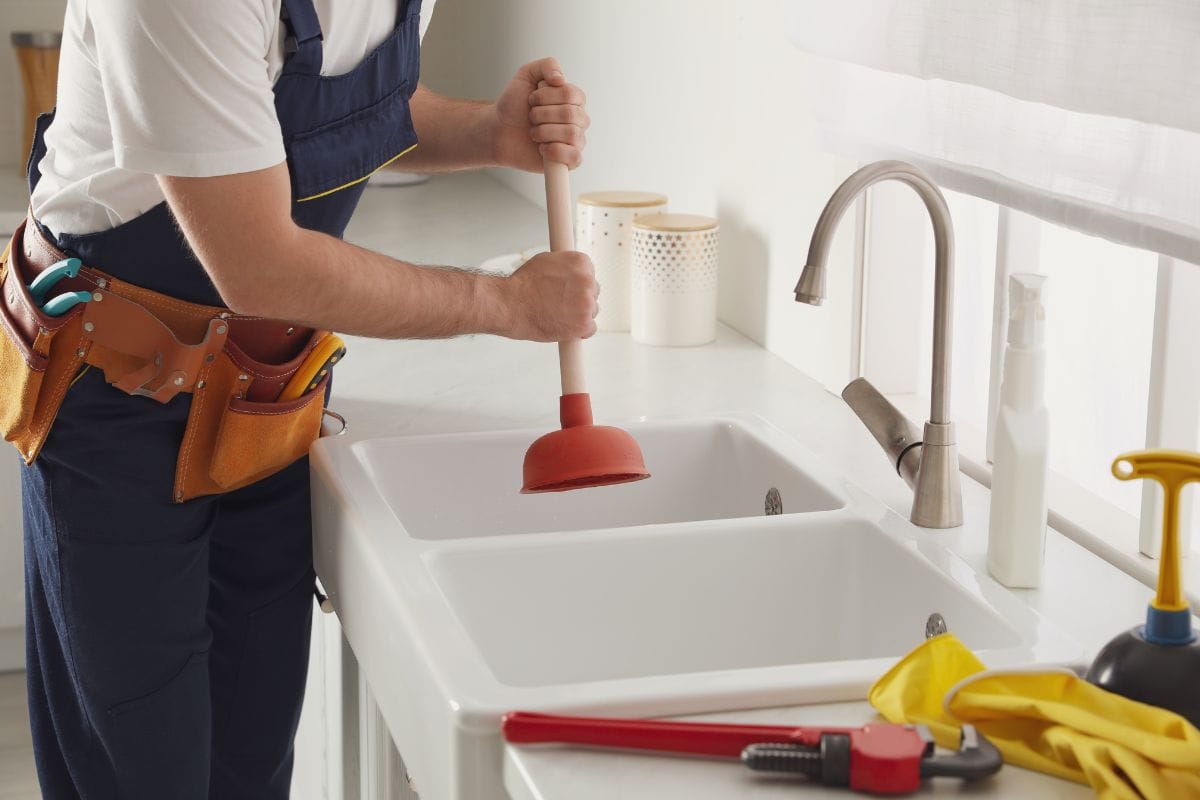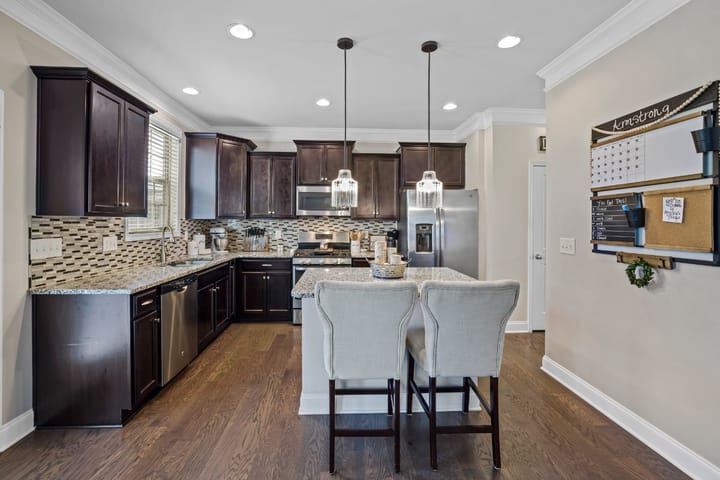Understanding Drain Trouble: When to Call a Professional
Dealing with drain issues like slow flow, odd smells, and pooling water is vital for home cleanliness, comfort, and structure. Know when to call a pro.

We've all experienced it at some point - the slow drain, the peculiar smell, the pooling water. Drain trouble, while commonplace, can be one of life's more frustrating inconveniences. It doesn't just threaten the cleanliness of your home, but also your comfort and the structure of your building if not promptly tackled. Recognising the signs of drain trouble and knowing when to call a professional is a critical part of maintaining a healthy, functioning home.
Understanding Drain Trouble: The Basics

Drain trouble, essentially, is a disruption in the smooth flow of water through your plumbing and drainage system. Instances of drain trouble can vary significantly from slow or blocked drains, foul odours, to instances of recurrent clogging. Causes can be manifold, including food remnants, non-flushable items, accumulated hair, tree roots, or even grease build-up.
Ignoring these minor problems might lead to significant repercussions. An unattended drain trouble not only causes inconvenience and unpleasant odours but may also lead to costly repairs. It can cause pipe leaks, damage your plumbing network, or in the worst-case scenario, lead to flooding. Early identification and resolution of drain issues can save time, money, and the future wellbeing of your home.
Common Signs Your Drain Needs Attention
Signs Your Drain Needs Attention
While it may be tempting to ignore a slow drain or occasional clog, these are some of the fundamental signs that your drain might be in trouble. Other warning signs to look out for are gurgling sounds, unpleasant odours, or even an unexpected increase in your water bill.
Each sign has a different connotation. A slow drain can indicate minor clogging issues, while persistent unpleasant odours might signify a more severe problem like a sewer line issue. Leaving these signs unchecked can lead to further complications - transforming what could have been a quick fix into an expensive repair job.
DIY Drain Troubleshooting: Is it Enough?
There's a wealth of information available on DIY drain clearing techniques, and sometimes, these might be enough to fix minor issues. For instance, using a plunger or a drain snake, or even natural methods like boiling water, baking soda and vinegar can be handy.
However, DIY is not always advisable. The complexity of plumbing systems and the potential difficulties of diagnosing problems may often necessitate professional input. In addition, carry out DIY incorrectly, and you risk causing further harm - this could include damaging pipes or making a clog even worse.
When to Call a Professional: Recognising the Signs
Repeated blockages, water seeping into the floor or walls, and persistent bad odours are all warning signals that it's time to call a professional. Professionals not only offer effective solutions than DIY methods but are also safer. Clambering around looking for the root cause of a clogging issue might bring about injuries. Moreover, if a professional is not engaged when needed, there's a risk of escalating the problem and incurring hefty repair or replacement expenses.
To call for professional help, it's as simple as picking up your phone, detailing your situation, and booking an appointment. Quick action can save your property from unnecessary exposure to damage.
Choosing the Right Drain Professional

In choosing a drain professional, you need to consider their experience, reputation, quality of equipment, and service costs. Referrals from friends or reviewing client testimonials online is not a bad place to start your search for a trusted professional. Professionals with proper insurance and certifications offer you protection and peace of mind.
Preparing for professional drain troubleshooting is also essential. This can involve providing the professional with a detailed problem description and setting apart proper time for the several potential solutions they may need to apply.
Conclusion
Proper understanding of the drains in your home, recognising their trouble signs, and calling a professional when necessary is essential for all homeowners. Doing so can prevent avoidable disruption, costly repairs, and potential damage to your property. It's better to act sooner rather than later, as ignoring the problem will only cause it to escalate. Employ quick action when you sense drain trouble, prioritise professional help over DIY trials, and maintain a comfortable, trouble-free home environment.




Comments ()